Description
What is Nizoral (ketoconazole)?
Nizoral (ketoconazole) is an antifungal antibiotic.Nizoral (ketoconazole) is used to treat infections caused by fungus, which can invade any part of the body including the mouth, throat, esophagus, lungs, bladder, or skin.Nizoral (ketoconazole) may also be used for other purposes not listed in this medication guide.
What is the most important information I should know about Nizoral (ketoconazole)?
You should not use this medication if you are allergic to ketoconazole, or if you are also taking triazolam (Halcion). Before taking ketoconazole, tell your doctor if you have liver disease, kidney disease, a heart rhythm disorder, decreased stomach acid (achlorhydria), or a history of “Long QT syndrome.”Take this medication for the entire length of time prescribed by your doctor. Your symptoms may get better before the infection is completely treated. Ketoconazole will not treat a viral infection such as the common cold or flu. Avoid taking antacids or stomach acid reducers (Tagamet, Pepcid, Axid, Zantac, and others) for at least 2 hours after you have taken your dose of ketoconazole. These medications can make it harder for the ketoconazole tablet to dissolve in your stomach.Avoid drinking alcohol. It may cause unpleasant side effects while you are taking ketoconazole.
What should I discuss with my healthcare provider before taking Nizoral (ketoconazole)?
You should not use this medication if you are allergic to ketoconazole, or if you are also taking triazolam (Halcion). If you have any of these other conditions, you may need a dose adjustment or special tests to safely take ketoconazole:decreased stomach acid (achlorhydria);liver disease;kidney disease;a heart rhythm disorder; ora personal or family history of “Long QT syndrome.”
How should I take Nizoral (ketoconazole)?
Take this medication exactly as it was prescribed for you. Do not take the medication in larger amounts, or take it for longer than recommended by your doctor. Follow the directions on your prescription label.Ketoconazole works best if you take it with food. Take this medication for the entire length of time prescribed by your doctor. Your symptoms may get better before the infection is completely treated. Ketoconazole will not treat a viral infection such as the common cold or flu. To be sure this medication is not causing harmful effects, your liver function may need to be checked with blood tests on a regular basis. Do not miss any scheduled appointments.
Store ketoconazole at room temperature away from moisture and heat.
What happens if I miss a dose?
Take the missed dose as soon as you remember. If it is almost time for your next dose, skip the missed dose and take the medicine at your next regularly scheduled time. Do not take extra medicine to make up the missed dose.
What happens if I overdose?
Seek emergency medical attention if you think you have used too much of this medicine. Symptoms of a ketoconazole overdose are not known.
What should I avoid while taking Nizoral (ketoconazole)?
Avoid taking antacids or stomach acid reducers (Tagamet, Pepcid, Axid, Zantac, and others) for at least 2 hours after you have taken your dose of ketoconazole. These medications can make it harder for the ketoconazole tablet to dissolve in your stomach.Avoid drinking alcohol. It may cause unpleasant side effects while you are taking ketoconazole.
Side effects of Nizoral (ketoconazole)
Get emergency medical help if you have any of these signs of an allergic reaction: hives; difficulty breathing; swelling of your face, lips, tongue, or throat. Call your doctor at once if you have any of these serious side effects: dizziness, fainting, fast or pounding heartbeat;easy bruising or bleeding, unusual weakness;numbness or tingly feeling;severe depression, confusion, or thoughts of hurting yourself; ornausea, stomach pain, low fever, loss of appetite, weakness, dark urine, clay-colored stools, jaundice (yellowing of the skin or eyes).
Less serious side effects may include:
mild nausea, vomiting, or stomach pain;mild itching or skin rash;headache;dizziness;breast swelling; orimpotence or loss of interest in sex.
What other drugs will affect Nizoral (ketoconazole)?
Many drugs can interact with ketoconazole. Below is just a partial list. Tell your doctor if you are using:acetaminophen (Tylenol);cyclosporine (Gengraf, Sandimmune, Neoral);clopidogrel (Plavix);digoxin (digitalis, Lanoxin);tacrolimus ((Prograf);loratadine (Alavert, Claritin, Tavist ND);methylprednisolone (Medrol);phenytoin (Dilantin);rifampin (Rifadin, Rifater, Rifamate, Rimactane);diabetes medication you take by mouth;a sedative such as midazolam (Versed);a blood thinner such as warfarin (Coumadin);cancer medications;birth control pills or hormone replacement therapy;methotrexate (Rheumatrex, Trexall);cholesterol medications such as niacin (Advicor), atorvastatin (Lipitor), lovastatin (Altocor, Mevacor), simvastatin (Zocor), and others; ormedications to treat HIV or AIDS.

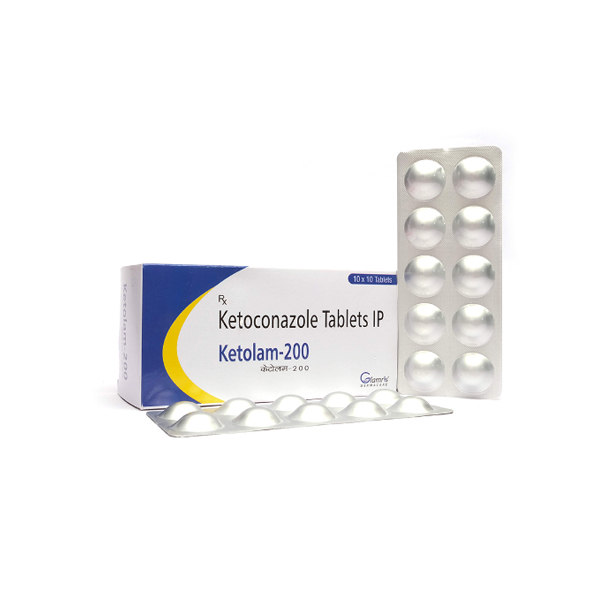
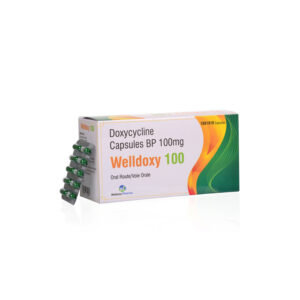
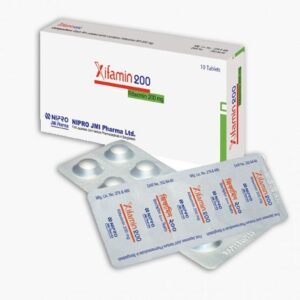
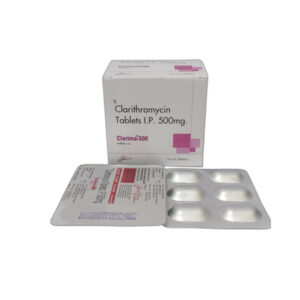
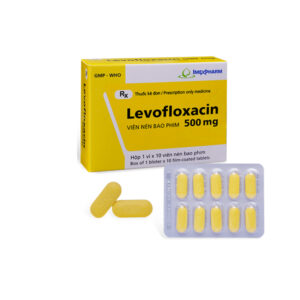
Reviews
There are no reviews yet.